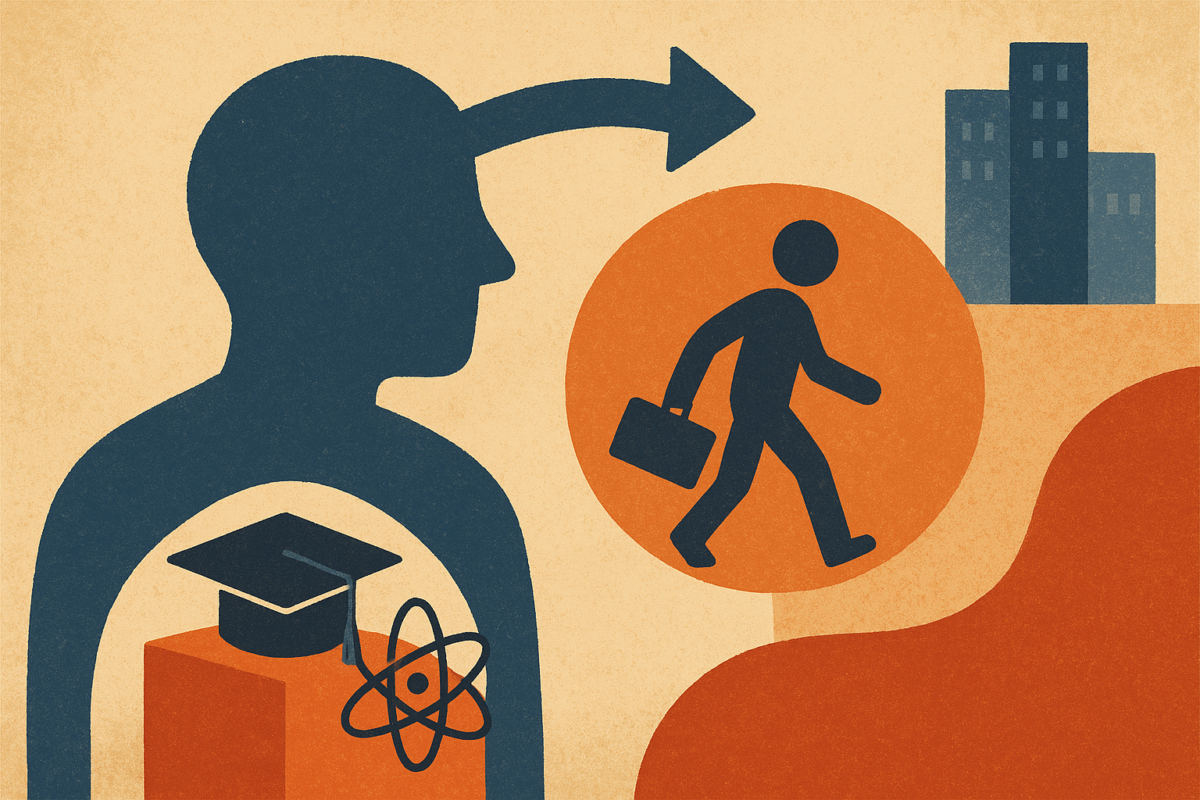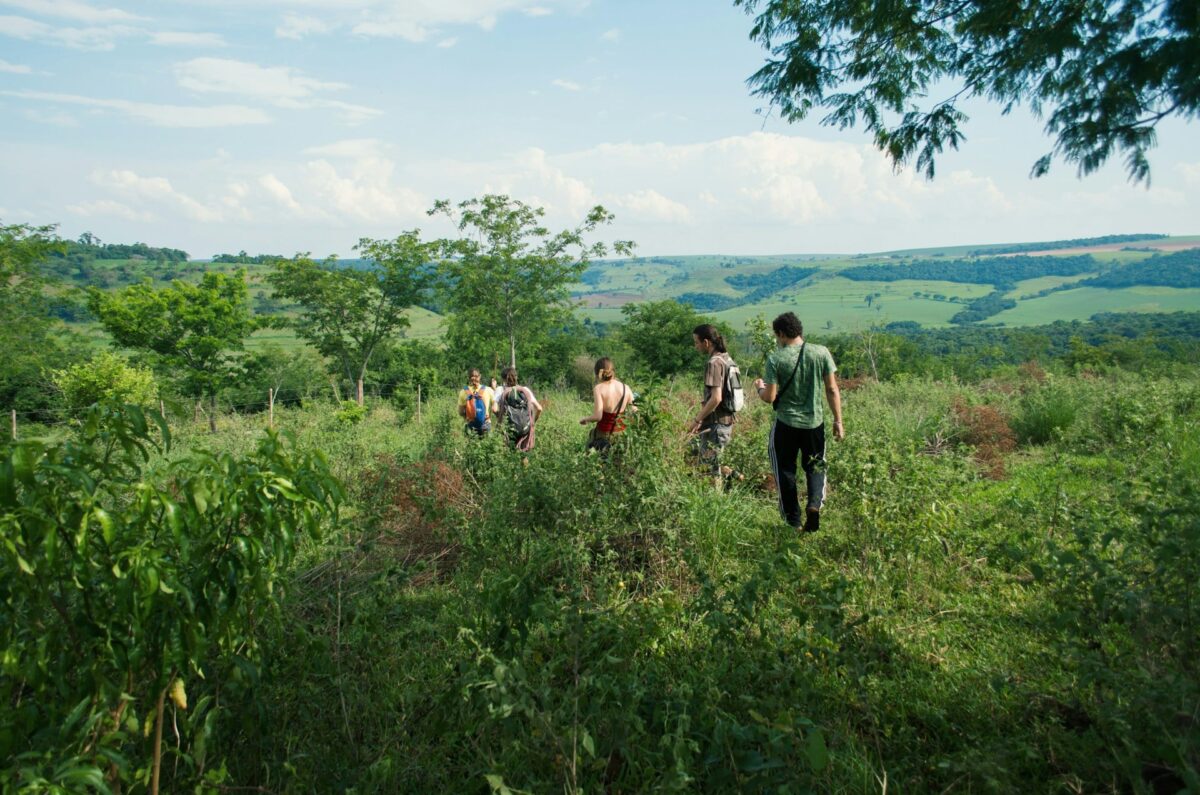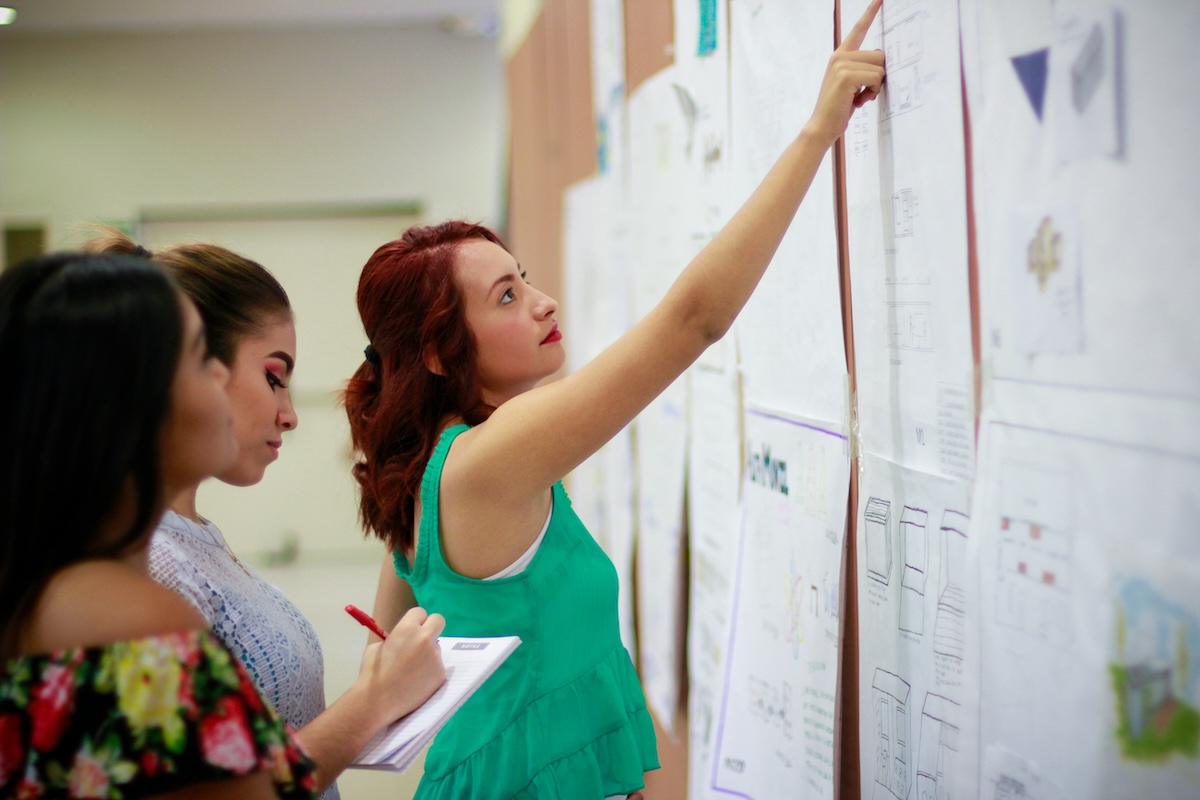 #Careers
#Careers
Psychological suffering in academia: The burden of relationships and therelentless pursuit of productivity
Deteriorating mental health among scientists and postgrads suggests structural changes are needed in the Brazilian research environment
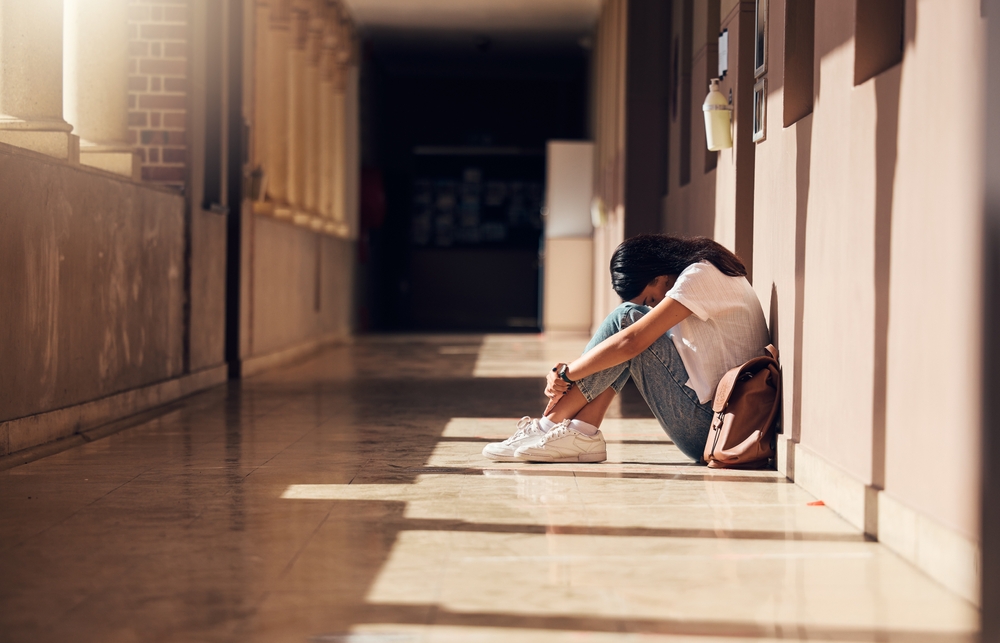 Researchers and graduate students are subjected to pressures that can
trigger anxiety, depression, and other mental health problems | Image: Shutterstock
Researchers and graduate students are subjected to pressures that can
trigger anxiety, depression, and other mental health problems | Image: Shutterstock
This is the first in a series of reports to be published by Science Arena over the coming weeks. It is based on the final paper presented by Eduarda Antunes Moreira, supervised by professor Ricardo Whiteman Muniz, for her specialist diploma in science journalism at the Laboratory of Advanced Journalism Studies of the University of Campinas (Labjor-UNICAMP) in Brazil.
Academia has proven to be a space of much psychological suffering. There are countless reports of dissatisfaction, burnout, pressure, fatigue, and in more serious cases, even panic attacks, anxiety, depression, and suicide.
But what is behind the mental health crisis among people who have dedicated themselves to science?
This series of reports will address some of the aspects of academic life that may be at the heart of this problem, based on the experiences and opinions of researchers from a range of fields, in addition to a psychologist who works at a university and a PhD student who experiences this atmosphere on a daily basis.
Psychological issues have become a recurring topic within university corridors and laboratories, especially in the last decade.
A study published in the journal Scientific Reports reviewed literature on the mental health of PhD students from seven countries, highlighting the prevalence of depression and anxiety at 24% and 17% respectively.
Among the general public, these rates range from 5% to 7%, and among young adults, from 13% to 15%.
In Korean philosopher Byung Chul Han’s book The Burnout Society, he states that since the turn of the twenty-first century, humanity has been living in a “performance-based society that makes people depressed and unsuccessful” as a consequence of the pressure to produce.
The data indicate a critical moment: the World Mental Health Report, published by the World Health Organization (WHO) in 2022, highlights that in 2020 alone—the first year of the COVID-19 pandemic—the number of people with depression and anxiety disorders increased by more than 25% worldwide, with approximately 246 million people suffering depression and 374 million with anxiety.
According to the WHO, Brazil has the highest prevalence of depression in Latin America. Added to this is the fact that young adults are one of the groups most susceptible to psychological disorders.
Lack of studies
Larger and more robust studies are needed to understand the real scale of the problem among scientists, including the individual characteristics of each country and region.
In Brazil, there is little data on mental health at universities, even less so when looking specifically at postgraduate and research environments.
According to psychologist Filipe Rebelo Buchmann from Programa ECOS, which offers psychological support to students, professors, and administrative staff at the University of São Paulo (USP), the failure by universities to study their own communities is a recurring problem (and not only in Brazil).
“With more data, public policies for preventing and treating psychological disorders within the university community would be much more effective. But there seems to be little incentive for this kind of research,” says Buchmann.
As the debate spreads, academics have begun to reflect more on the topic, observing their environment and seeking to understand the causes and consequences of this phenomenon.
Heribaldo Maia, a historian with a master’s degree in Philosophy from the Federal University of Pernambuco (UFPE) and author of the book Neoliberalismo e sofrimento psíquico: o mal-estar nas universidades (Neoliberalism and psychological suffering: The problem at universities), describes academia as a microcosm of society with accentuated characteristics that make it something of a “pressure cooker.”
The researcher highlights individualism, competitiveness, and the huge emphasis on productivity as some of the factors that, combined, can profoundly affect the psychology of people who choose to follow a scientific career.
“Capitalism has subjected universities to market logic, which states that competition improves productivity and benefits the consumer because the product will be better. But this is not true in science,” says Maia.
Peter Schulz, a professor of physics at the School of Applied Sciences of the University of Campinas (UNICAMP), agrees that neoliberalism has invaded academia and universities, “manifesting primarily in the pressure to produce more and more, and in individualism, which leads to fragmentation of relationships.”
Thus, due to this isolation—which has become even more pronounced since the pandemic—and the growing list of tasks and demands placed on them, scientists have become the “subject of achievement and production” described in the work of Byung-Chul Han, highly vulnerable to the “tiredness of doing and being able” that, according to the author, characterizes depression.
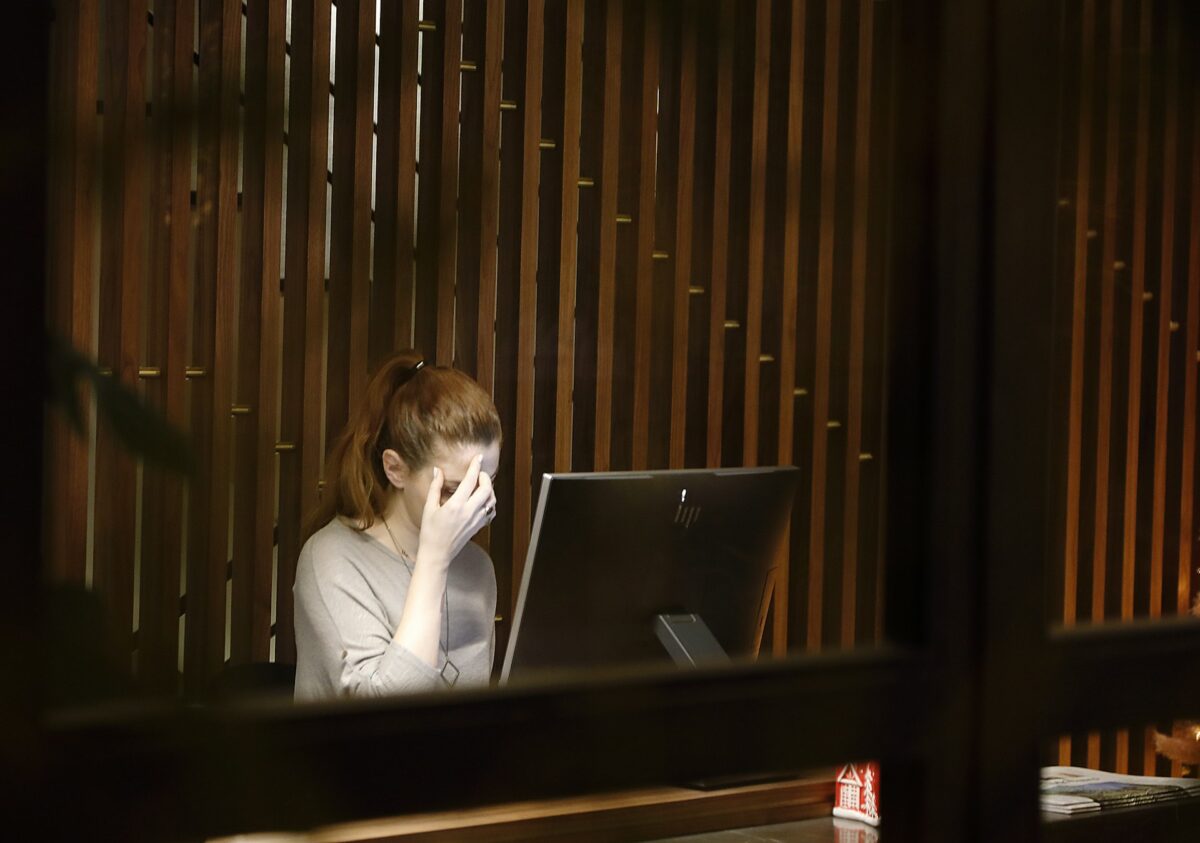
Solitude among researchers
Academia is a lonely environment, especially for postgraduate students: everyone has their own project, with their own objectives, commitments, and deadlines. In the best scenarios, professors and advisors provide guidance and research groups act as support networks. In the end, however, the person defending their thesis and the evaluating committee are nontransferable individuals.
Carrying out a research project “alone” over the four years of a PhD is an enormous responsibility, and the greater the isolation, the greater the challenge.
Scientific debate is often held in informal environments: over a cup of coffee, during a break at a conference, or even during day-to-day work in a lab, watching other people do their experiments.
The COVID-19 pandemic showed that people do not necessarily need to be in the same place to participate in meetings and solve problems.
On the positive side, the need for long and tiring commutes has been reduced (many rely on public transport to get to university), but at the same time, the switch to remote meetings via cell phones or computers has made many relationships feel more distant.
Individual research can be done this way, but is it the best approach?
Summarizing the issue, Schulz quotes What is the History of Knowledge? by English historian Peter Burke:
“Despite the importance of new forms of communication, the most effective means of dissemination continues to be the oldest: talking to people. It has been argued that the transfer of really valuable knowledge from one country to another or from one institution to another cannot easily be achieved by exchanging letters, periodicals, and books—it requires the physical movement of human beings. In short, ‘ideas circulate within people.’”
Universities are a place of study, work, and productivity, but they cannot be just that, argues Heribaldo Maia—they need to be reoccupied and reclaimed as spaces for social interaction.
Otherwise, he says, universities become a place empty of soul, of human life, of welcoming, of belonging. “This is also a central element to reducing mental illness in academia.”
Overload
Almost everyone in academia—without distinction between students, postdoctoral researchers, and professors—says they are overloaded. It is common for academics to work well beyond their scheduled eight hours per day, both on weekdays and during the weekends and holidays.
Leisure time is put aside to ensure that all tasks are completed. Work is routinely taken home, leaving no time to rest. When rest is taken, it comes with guilt, since it always leaves something not done.
“In academia, all our prospects for the future depend on our productivity,” explains Maia. “There is a structure that ensures your actions, your relationships with other people, and being in that environment, are to some extent productive.”
In Brazil, the work of a researcher is essentially linked to higher education: university professors are also the “heads” of research groups.
They are therefore responsible for preparing and teaching classes, preparing and correcting tests, helping students, giving talks at conferences, writing and submitting funding proposals, coordinating university extension projects, and other administrative tasks.
“In recent decades, there has been a drastic decrease in new hires. In addition to the overlapping roles, we have fewer and fewer faculty members at universities, meaning fewer people to share all this work,” explains Juliana Fedoce, professor of chemistry at the Federal University of Itajubá (UNIFEI) in Minas Gerais and founder of Instituto Sua Ciência, a nonprofit organization that shares knowledge and seeks alternative research-funding sources.
It is worth noting that despite having similar complaints, students and professors are not in the same position—there is a hierarchy of relationships.
“Even though professors suffer illness more often than the average person—due to the same system that affects students—they are at a different level in terms of social, symbolic, and financial recognition, which leads to different forms of illness and a different response to those illnesses,” says Maia.
Harassment
In addition to having better professional, social, and financial conditions that enable them to better deal with psychological suffering, some professors transform their own problems into abuse and harassment of their students, which is one of the main complaints among postgraduate students seeking out USP’s Programa ECOS.
Filipe Buchmann notes that in his experience, some of the pressure and susceptibility to illness in professors is passed on, whether to staff members, postgraduate students, or even undergraduate students.
“Postgraduate students doing research in the lab will have a more direct influence on a professor’s productivity and the number of articles they publish, leading to greater expectations from professors in relation to meeting targets, which are sometimes unattainable,” says the psychologist.
Unfortunately, it is not uncommon to hear reports of supervisors calling or sending messages about work at night, on weekends, or even in the early hours of the morning; who demand absurd amounts of results in short time periods; or who palm off their obligations to postgraduate students, such as preparing and teaching classes and preparing and correcting tests.
Another barrier is that victims feel scared of reporting misconduct, worried that it will make their academic situation worse through reprisals within their research group, harassment getting worse, or difficulties finding another professor willing to supervise them.
Eduarda Antunes Moreira has a degree in pharmacy from the State University of Maringá (UEM), a master’s and PhD in science from the Ribeirão Preto School of Pharmaceutical Sciences at the University of São Paulo (FCFRP-USP), and a specialist diploma in science journalism from Labjor-UNICAMP. She is now studying Science Media, with a fellowship from the São Paulo State Research Foundation (FAPESP), at the Laboratory for Pharmacology of Natural Marine Products at USP’s Institute of Biomedical Sciences.
*
This article may be republished online under the CC-BY-NC-ND Creative Commons license.
The text must not be edited and the author(s) and source (Science Arena) must be credited.
